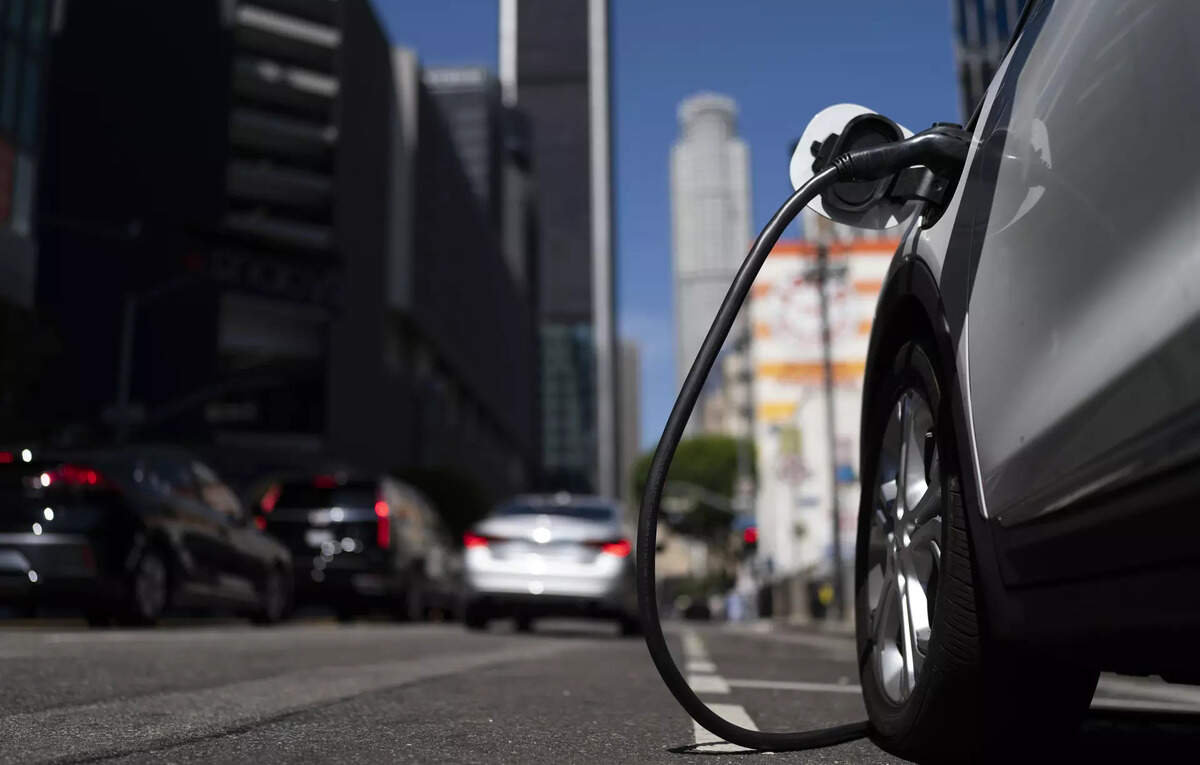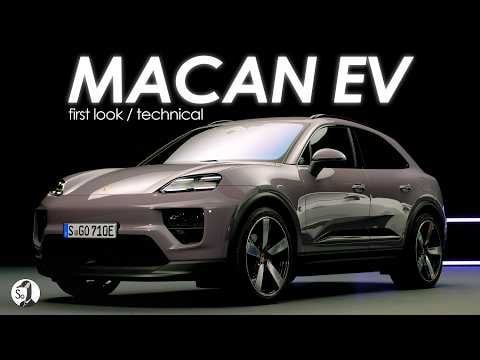Auto Dealers Intensify Fight Against EV Sales Requirements

Table of Contents
Economic Concerns and Investment Burden
The transition to EVs presents a significant financial burden for car dealerships. Meeting the growing demand for electric vehicles requires substantial upfront investments that many dealerships find challenging to absorb. Key economic concerns include:
-
High Upfront Costs: Dealerships face hefty expenses to adapt to the EV market. This includes:
- Purchasing and maintaining inventory of EVs, which often have higher purchase prices than comparable gasoline-powered vehicles.
- Installing and maintaining charging stations, ranging from Level 2 chargers to expensive fast-charging infrastructure. The cost of a single fast-charger can easily exceed $50,000, excluding installation.
- Investing in specialized tools and equipment necessary for servicing and repairing EVs.
- Providing comprehensive training for their sales and service staff on EV technology.
-
Uncertainty Surrounding ROI: The return on investment (ROI) for EV-related investments is uncertain. Consumer demand for EVs varies by region and demographic, creating unpredictable profit margins for dealerships. Many are hesitant to commit significant capital without a guaranteed return.
-
Reduced Profit Margins: Dealerships often report that profit margins on EVs are currently lower than those on gasoline-powered vehicles. This is partly due to higher purchase prices and the longer sales cycles often associated with EV adoption. The lower profit margins squeeze an already narrow net income for many dealerships.
Infrastructure Gaps and Consumer Readiness
Beyond the financial challenges, widespread EV adoption is hindered by significant gaps in charging infrastructure and lingering consumer hesitancy. Key obstacles include:
-
Insufficient Charging Infrastructure: The availability of public charging stations, especially in rural areas, significantly lags behind the growth of EV sales. This “charging desert” effect discourages potential EV buyers concerned about range anxiety.
-
Range Anxiety: The fear of running out of battery power before reaching a charging station remains a major barrier to EV adoption. This anxiety is particularly pronounced in areas with limited charging infrastructure.
-
Lack of Consumer Awareness: Many potential EV buyers remain uninformed about the benefits of electric vehicles, including lower running costs, reduced emissions, and government incentives. Increased public awareness campaigns are crucial for accelerating adoption.
-
Grid Capacity: The increased electricity demand from widespread EV adoption will require substantial upgrades to the existing power grid. This is a significant undertaking with considerable costs and logistical challenges. The lack of grid preparedness also contributes to concerns about EV infrastructure.
Lobbying Efforts and Political Influence
Facing significant economic and logistical challenges, auto dealer associations are actively lobbying against or seeking to mitigate the impact of EV sales requirements. Their efforts include:
-
Intensified Lobbying: Industry groups are exerting considerable political pressure to influence legislation and weaken or delay the implementation of mandatory EV sales quotas.
-
Legal Challenges: Dealerships have filed lawsuits in several states to challenge the legality or enforceability of EV mandates, citing economic hardship and potential violations of due process.
-
Political Influence: The automotive industry is a powerful lobbying force, wielding significant influence on policymakers at both the state and federal levels. Their political maneuvering plays a crucial role in shaping the regulatory landscape surrounding EV sales.
-
Key Lobbying Groups: Organizations such as the National Automobile Dealers Association (NADA) are actively involved in shaping policies related to EV sales requirements, using their resources and influence to advocate for dealer interests.
Alternative Solutions and Compromise
The conflict between EV sales requirements and the concerns of auto dealers necessitates a search for compromise and collaborative solutions. These might include:
-
Phased Implementation: A gradual increase in EV sales mandates over a longer timeframe would allow dealerships to adapt more gradually to the changing market conditions and invest in infrastructure accordingly.
-
Government Incentives: Targeted government incentives could help offset the high upfront costs associated with EV infrastructure upgrades and encourage consumer adoption. Tax credits, rebates, and grants could significantly accelerate the transition.
-
Industry Collaboration: Open dialogue and collaboration between automakers, dealers, and government agencies are essential to find mutually beneficial solutions. A collaborative approach could lead to more efficient infrastructure development and a smoother transition to EVs.
Conclusion
The fight against stricter EV sales requirements highlights a critical juncture in the automotive industry. Auto dealers’ concerns about economic viability, infrastructure limitations, and consumer acceptance are valid and demand thoughtful consideration. Ignoring these concerns risks stifling the transition to EVs and hindering broader sustainability goals. Understanding the complexities surrounding EV sales requirements is crucial for building a sustainable future. Further research into the economic implications and collaborative efforts to find workable solutions are essential for navigating this crucial challenge. Let's engage in constructive dialogue to address the concerns surrounding EV sales requirements and pave the way for a successful transition to a cleaner transportation future.

Featured Posts
-
 Porsche Macan Electric A Deep Dive Into The New Drive Experience
Apr 29, 2025
Porsche Macan Electric A Deep Dive Into The New Drive Experience
Apr 29, 2025 -
 Ayesha Howard Awarded Custody After Paternity Dispute With Anthony Edwards
Apr 29, 2025
Ayesha Howard Awarded Custody After Paternity Dispute With Anthony Edwards
Apr 29, 2025 -
 Porsche Koezuti Modell F1 Motor Haja
Apr 29, 2025
Porsche Koezuti Modell F1 Motor Haja
Apr 29, 2025 -
 Las Vegas Police Seek Information On Missing Paralympian Sam Ruddock
Apr 29, 2025
Las Vegas Police Seek Information On Missing Paralympian Sam Ruddock
Apr 29, 2025 -
 Quinoas New Competitor The Rising Star Of Superfoods
Apr 29, 2025
Quinoas New Competitor The Rising Star Of Superfoods
Apr 29, 2025
